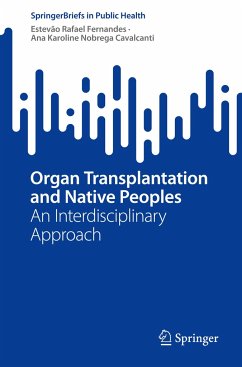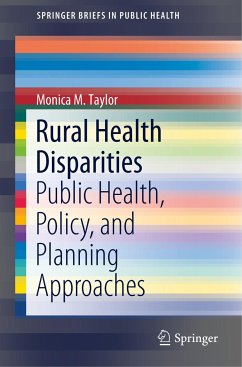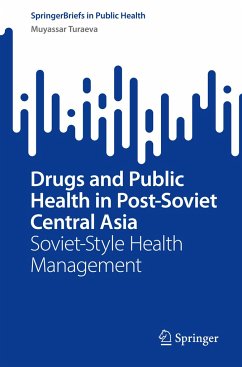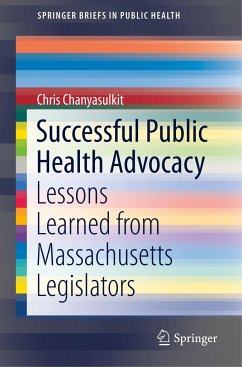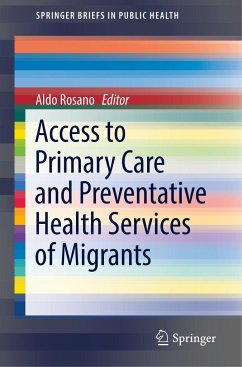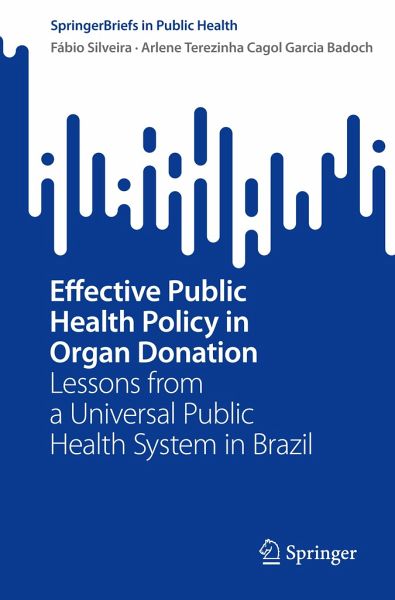
Effective Public Health Policy in Organ Donation
Lessons from a Universal Public Health System in Brazil

PAYBACK Punkte
0 °P sammeln!
This book shows how a successful public health policy designed to foster the culture of brain death diagnosis and improve the interaction between Organ Procurement Organizations and Intra-Hospital Organ and Tissue Donation Committees for Transplants led the Brazilian state of Paraná to reach one of the highest rates of effective organ donors per million population in the world.Brazil has the largest public transplant system in the world, and each of the country's 26 states is responsible for organizing its own transplant system. The state of Paraná, with 11 million inhabitants, has stood out...
This book shows how a successful public health policy designed to foster the culture of brain death diagnosis and improve the interaction between Organ Procurement Organizations and Intra-Hospital Organ and Tissue Donation Committees for Transplants led the Brazilian state of Paraná to reach one of the highest rates of effective organ donors per million population in the world.
Brazil has the largest public transplant system in the world, and each of the country's 26 states is responsible for organizing its own transplant system. The state of Paraná, with 11 million inhabitants, has stood out in this regard in the last decade. It reached 47.7 effective donors per million population (pmp), performing better than countries such as the United States (33.3/pmp), Canada (21.9/pmp), Portugal (33.6/pmp) and Croatia (41.2/pmp).
The remodeling of Paraná's transplant system, between 2011 and 2020, was based on the recognized Spanish model, but has some unique characteristics.This book seeks to describe all the steps of this remodeling, describing its characteristics and explaining how the new system was built.
By presenting an in-depth analysis of a local successful case, Effective Public Health Policy in Organ Donation: Lessons from a Universal Public Health System in Brazil seeks to provide useful information to policy makers, health professionals and students from different fields within the health sciences interested in understanding how public health policies can improve organ donation rates, especially in developing countries.
Brazil has the largest public transplant system in the world, and each of the country's 26 states is responsible for organizing its own transplant system. The state of Paraná, with 11 million inhabitants, has stood out in this regard in the last decade. It reached 47.7 effective donors per million population (pmp), performing better than countries such as the United States (33.3/pmp), Canada (21.9/pmp), Portugal (33.6/pmp) and Croatia (41.2/pmp).
The remodeling of Paraná's transplant system, between 2011 and 2020, was based on the recognized Spanish model, but has some unique characteristics.This book seeks to describe all the steps of this remodeling, describing its characteristics and explaining how the new system was built.
By presenting an in-depth analysis of a local successful case, Effective Public Health Policy in Organ Donation: Lessons from a Universal Public Health System in Brazil seeks to provide useful information to policy makers, health professionals and students from different fields within the health sciences interested in understanding how public health policies can improve organ donation rates, especially in developing countries.





